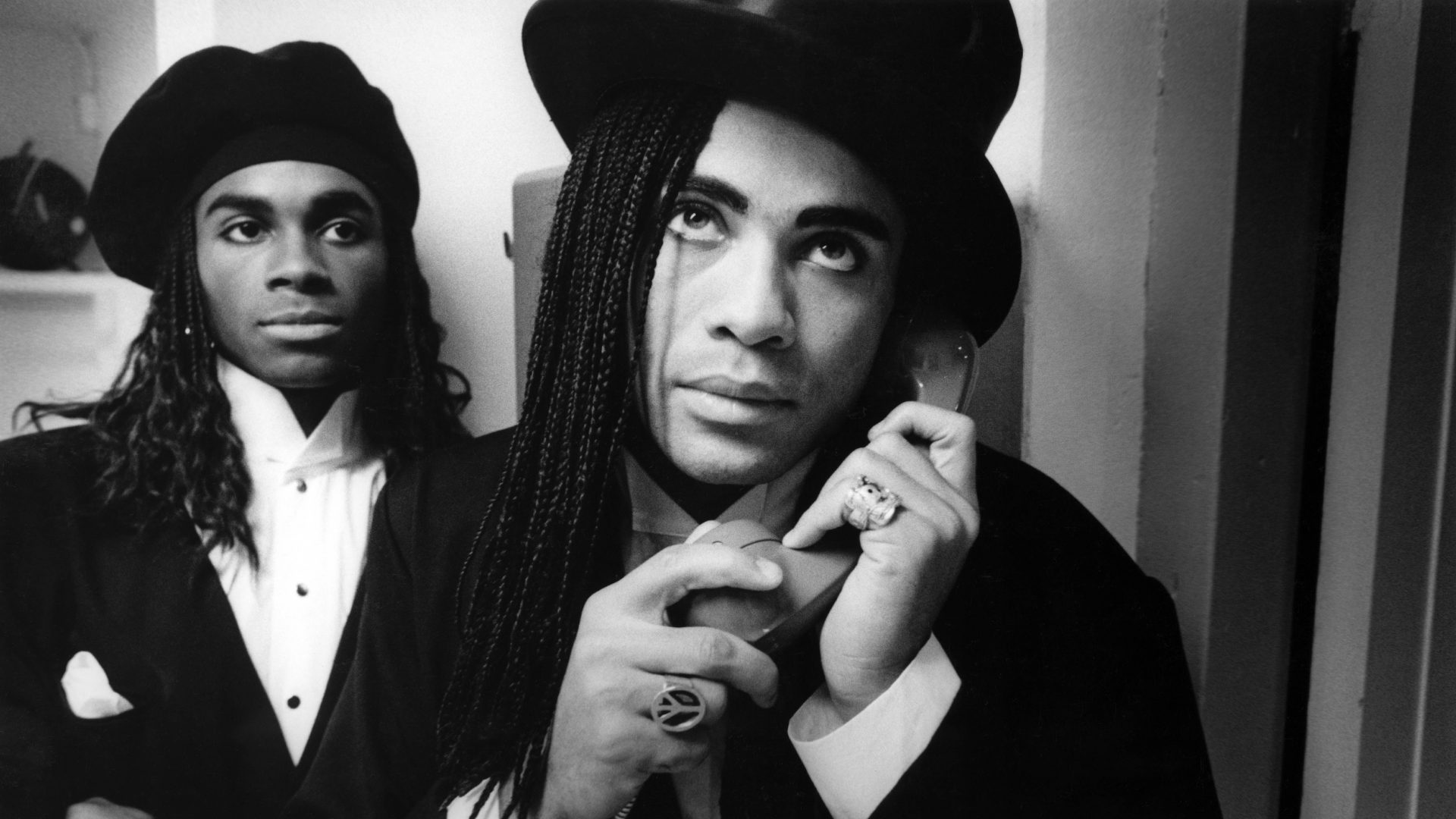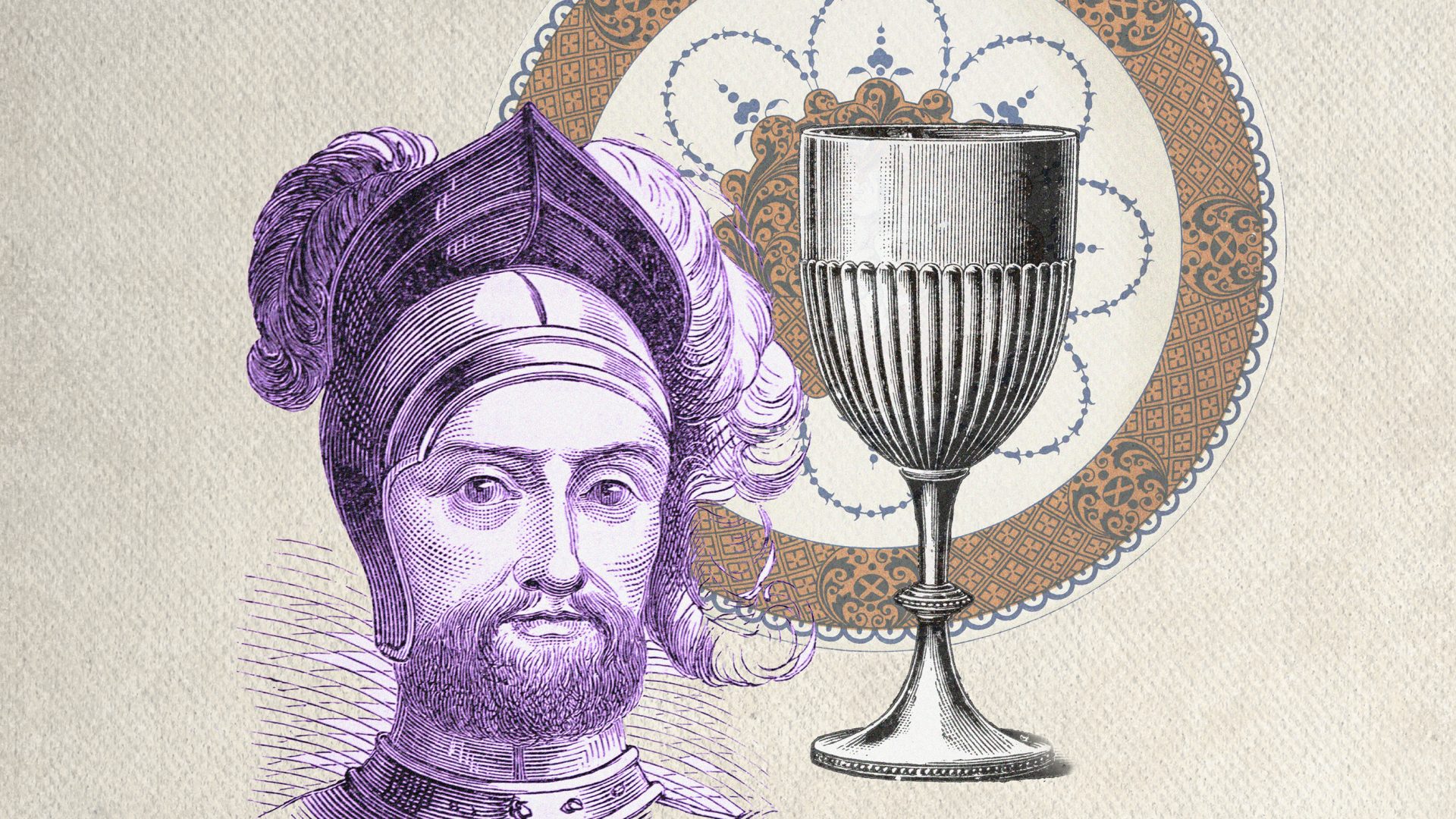It was the spring of 1990 and Rob Pilatus was just getting into his stride. Leaning forward to confide in the interviewer from Time magazine, he made the case for his band Milli Vanilli, vilified by critics and parodied by Saturday Night Live yet adored by record buyers across the world.
The gaudy sales figures and the recently acquired Grammy award were not enough for Pilatus. What he wanted was recognition. “Musically, we are more talented than Bob Dylan,” he said. “Musically, we are more talented than Paul McCartney. Mick Jagger, his lines are not clear. He doesn’t know how he should produce a sound. I’m the new modern rock’n’roll. I’m the new Elvis. I’m the new Roy Orbison at this time. I’m the new Beatles…”
What about those who called his duo a manufactured act of zero substance, a confection of the German super-producer Frank Farian, who had made stars of Boney M and who sang on that band’s records rather than the photogenic Bobby Farrell? Pilatus told them to keep sniping. “We have only gotten bigger and bigger,” he said. “It just makes me more aggressive, and if I get aggressive, I get better. If I get better, it’s worse for you.”
But it would soon be worse – much worse – for Rob Pilatus.
The incendiary Time interview formed part of a rearguard action against the critics that until that point seemed to be going well. It had become necessary when storms began to hit the burgeoning Milli Vanilli brand during the previous summer.
Pilatus and his partner Fabrice ‘Fab’ Morvan were becoming known for their use of recreational substances, and for misbehaviour. They were almost kicked off a tour organised by the pop video channel MTV for showing up inebriated and for hitting on their fellow acts Paula Abdul and Cathy Dennis.
Then, during a concert at Lake Compounce, Connecticut, a hard drive glitch caused the recording of their smash hit Girl You Know It’s True to jam, skip and repeat. It was clear to the audience that Pilatus and Morvan had not been singing but merely lip-synching.
“I knew right then and there, it was the beginning of the end for Milli Vanilli,” said Pilatus later that year. “When my voice got stuck in the computer, and it just kept repeating and repeating, I panicked. I didn’t know what to do.”
When the panic abated, Pilatus, Morvan and Farian appeared to have triumphed. For whatever had gone wrong that balmy night in Connecticut, no one could dispute their success. Their album Girl You Know It’s True went platinum six times over in the States, selling seven million copies. They also scored a trio of US No 1 singles in America, topped the charts in their native Germany and were named best new artist at the Grammys.
Ultimately, though, it would be hubris rather than critical derision or investigative journalism that finally did for Milli Vanilli. By the end of the year, Pilatus and Morvan had fallen out with Farian, who blew the whole thing wide open – they had not sung on any of their hits. They had to hand the Grammy back.
So was Rob Pilatus a failure, a fraud? In fact he was an extraordinary success, the child of an American serviceman and a German exotic dancer who was given up for adoption at birth.
“Imagine being black without a black community – anywhere,” Pilatus later said. “There just aren’t many [black people] in Germany. Without anything to identify with, you grow up thinking maybe you’re different and maybe not as good as everybody else.”
Raised in Munich by a well-meaning academic white couple, Pilatus’s first negative experiences of being a black boy in a white world occurred at school. “They called me Kunta Kinte [after the lead character in Alex Haley’s Roots]. That hurt. They saw me as different. When you’re young, you don’t like to feel different. If you’re different, you feel alone.”
All but kicked out of his house for choosing dance over a serious profession, Pilatus’s loneliness lessened after a chance encounter with Guadeloupe-born choreographer and dancer Fab Morvan, with whom he dedicated himself to making it big. It was an ambition that became much easier after they met Farian.
Having recently recorded a cover of the Numarx track Girl You Know It’s True with session singers John Davis and Brad Howell, Farian knew that his mullet and Davis and Howell’s heft would be obstacles to chart glory. So it was that, with the promise of a $20,000 advance, the terminally broke Pilatus and Morvan signed their “deal with the devil”, agreeing to front the act even as the small print denied them the opportunity to write material or sing on their records.
It was a pact that brought the duo tremendous fame – then infamy when they demanded to sing on their second album and threatened to end their contracts with Farian, who responded by firing them.
The years that followed the collapse of Milli Vanilli were tough for both Pilatus and Morvan. No matter how many times they relaunched, the only thing more inevitable than failure was Pilatus’s recourse to excessive drug and alcohol use. On April 3, 1998, on the eve of the rebranded Rob and Fab’s latest comeback tour, he was found dead in a Friedrichsdorf hotel room, having overdosed on prescription drugs and alcohol. He was 33 years old.
Or was he? Such was the chaos and controversy surrounding Rob’s birth and adoption, it’s possible he was actually only 32 when he died. And it’s this – the fact that Rob Pilatus was almost literally a boy from nowhere – that makes his success worth celebrating. Seldom have the odds been overcome so spectacularly or in such an unorthodox fashion.
What if Pilatus has lived? Even if he had never learned to curb his destructive behaviour and self-sabotaging tendencies, he would doubtless now be thriving in an influencer age that looks kindly on difficult men with big opinions and zero filter.
But what was all that stuff about the Stones, the Beatles and Elvis about? Morvan suspected substance abuse.
“I was in shock when I read it,” Pilatus later said. “I am a fan of Mick Jagger and the Stones. I mean, I knew I wasn’t singing, so why would I ever criticise the Beatles? All I said was that Elvis was a big idol in his time and we were big in ours.”
And after all, at least he didn’t bring up Jesus…



